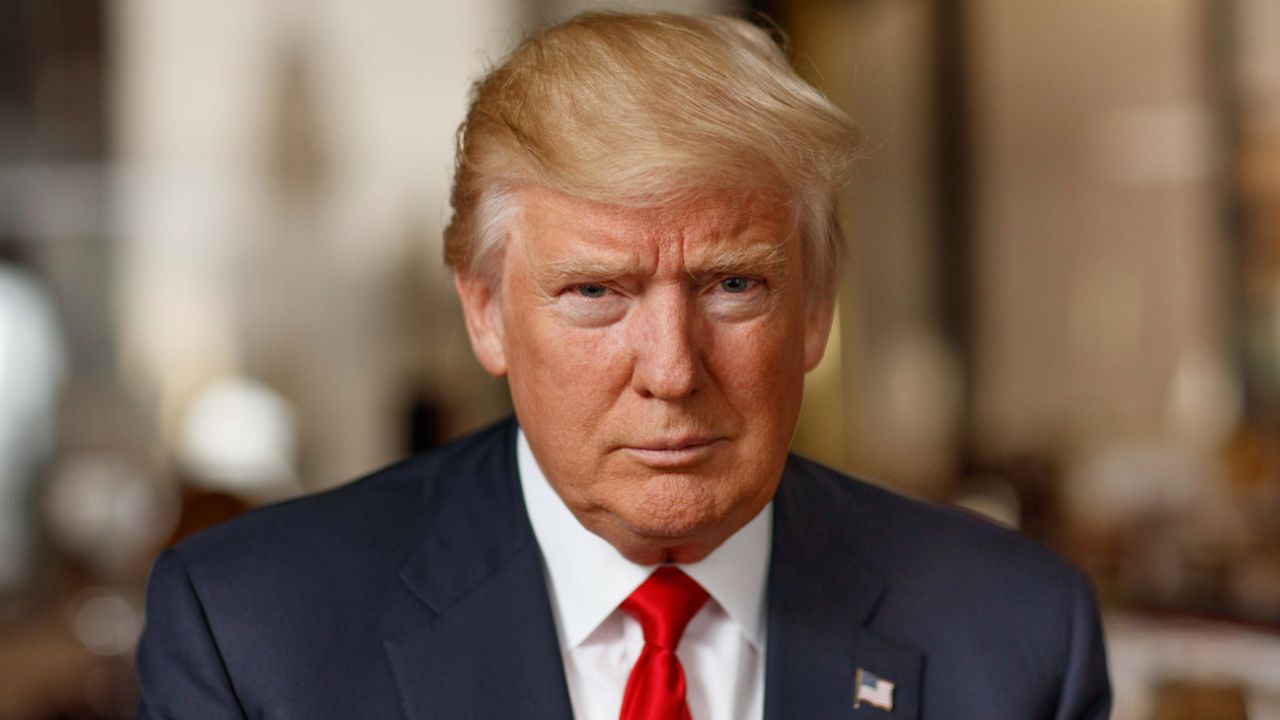Supreme Court Ruling clears Trump for Colorado ballot, raising constitutional questions. The unanimous decision impacts future candidacy challenges.
In a significant ruling on the eve of Colorado’s presidential primary, the U.S. Supreme Court unanimously overturned a decision by the state’s top court to disqualify former President Donald Trump from its Republican primary ballot. The ruling, issued on Monday, has far-reaching implications for the interpretation of constitutional provisions regarding insurrection and candidacy for federal office.
The controversy stemmed from Colorado’s attempt to exclude Trump from its ballot under the 14th Amendment’s Section 3, which bars individuals who have engaged in insurrection or rebellion against the United States from holding federal office. The state’s court found that Trump’s actions preceding the January 6, 2021, Capitol riot fell under this provision.
However, the Supreme Court held that it is Congress, not states, that has the authority to enforce the 14th Amendment’s disqualification clause against federal officeholders and candidates. This decision not only reinstates Trump on the Colorado ballot but also sets a precedent limiting states’ powers in enforcing such constitutional provisions in the future.
While the ruling was unanimous, four justices, including the three liberal members of the court, expressed concern about the broader implications of the decision. They criticized the majority for going beyond the necessities of the case and setting limitations on how the disqualification clause may be enforced in the future.
Trump, who is currently the frontrunner for the Republican nomination to challenge Democratic President Joe Biden in the upcoming election, hailed the decision as a victory for electoral fairness. However, critics argue that the ruling sidestepped addressing the underlying issue of Trump’s alleged role in inciting the Capitol attack.
In a concurring opinion, Justice Amy Coney Barrett urged for a de-escalation of political tensions, emphasizing the importance of unanimity in the court’s decision. Nevertheless, the ruling leaves unresolved questions about the scope of the 14th Amendment’s disqualification clause and its application to future candidates.
The Supreme Court’s intervention in this matter underscores the complex legal and constitutional issues surrounding Trump’s candidacy and the legacy of the Capitol attack. As the presidential election approaches, the ruling sets a precedent that could have ramifications for future challenges to candidate eligibility and the balance of power between states and the federal government.
Read More from Wisdom Imbibe:

